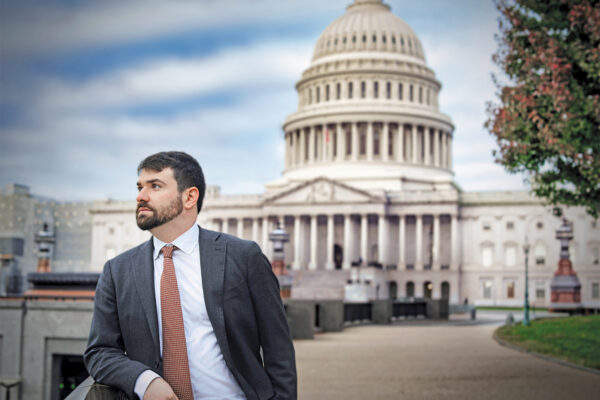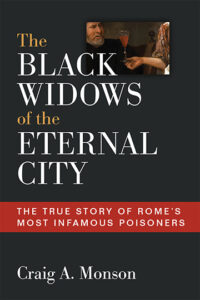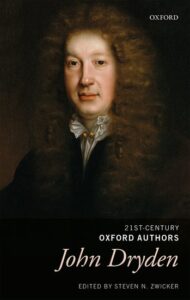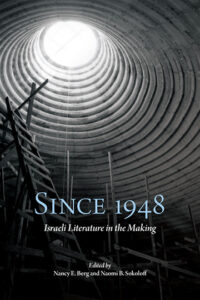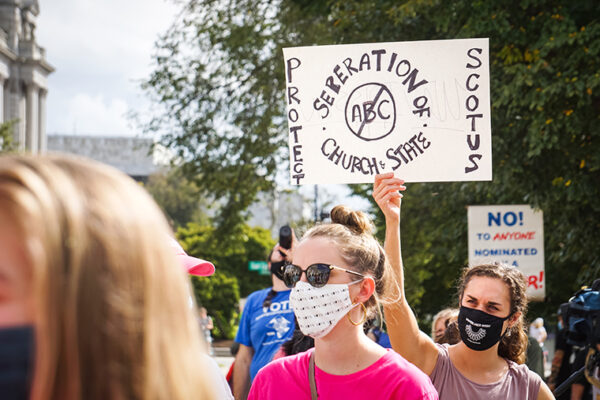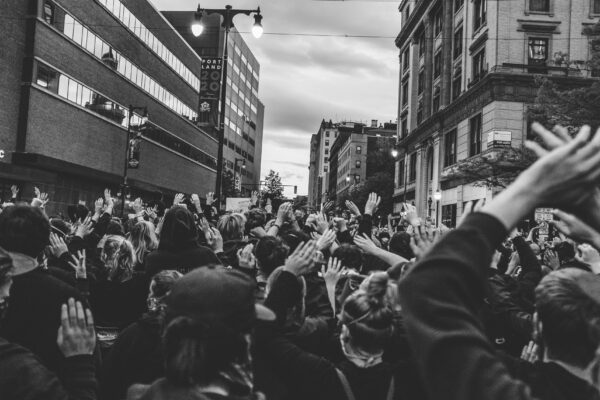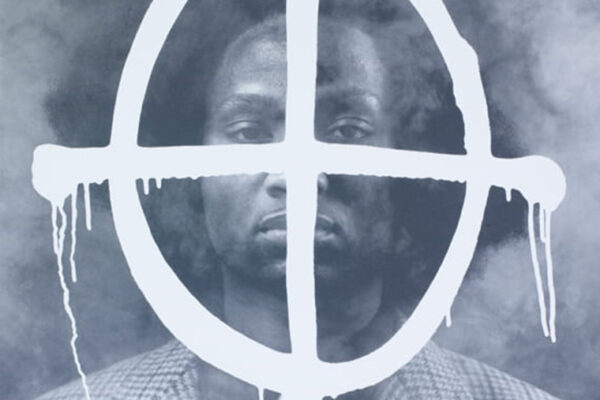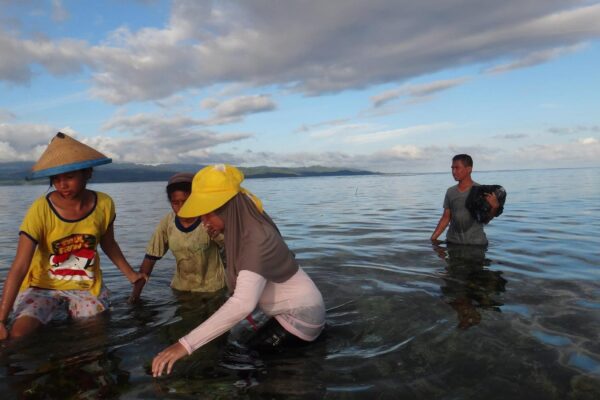Labels can help deter soda consumption, but legislating them in U.S. no small feat
Sugar-sweetened beverage warning labels are effective in dissuading consumers from choosing them, with graphics having the greatest impact, finds a new study from the Brown School at Washington University in St. Louis.
Fighting crime like war
In The Punitive Turn in American Life, WashU alumnus Michael S. Sherry describes how America applied war tactics to fighting crime.
Writing the first draft of history
History major Gabriel Rubin, AB ’15, takes Wall Street Journal readers inside the Beltway as the new author of a storied political column.
The Black Widows of The Eternal City
The true story of Rome's most infamous poisoners
“The Black Widows of the Eternal City” offers, for the first time, a book-length study of an infamous cause celebre in seventeenth-century Rome, how it resonated then and has continued to resonate: the 1659 investigation and prosecution of Gironima Spana and dozens of Roman widows, who shared a particularly effective poison to murder their husbands. […]
John Dryden
Selected Writings
This volume in the 21st Century Oxford Authors series offers students an authoritative, comprehensive selection of the poetry and prose of John Dryden, the most important poet, dramatist, translator, and literary theorist of the later seventeenth century. He wrote across the tumultuous decades of political and cultural revolution — years stretching from the end of […]
Since 1948
Israeli Literature in the Making
A portrait of Israeli literature in its full transnational and multilingual complexity. Toward the end of the twentieth century, an unprecedented surge of writing altered the Israeli literary scene in profound ways. As fresh creative voices and multiple languages vied for recognition, diversity replaced consensus. Genres once accorded lower status—such as the graphic novel and […]
Judge Barrett’s religion not a confirmation issue
Questions about Amy Coney Barrett’s religious affiliation and beliefs have dominated public discussion since President Trump announced that she was his pick to fill the U.S. Supreme Court seat left vacant by Ruth Bader Ginsburg’s passing. While her Catholicism is considered controversial by some, should it impact her confirmation? A Washington University in St. Louis law professor weighs in.
Withholding federal funds from ‘anarchist jurisdictions’ violates Constitution
The U.S. Department of Justice has issued a list of “anarchist jurisdictions,” which it says have permitted violence and destruction of property to persist. If the Trump administration withholds federal funds from these jurisdictions based on the “anarchist” designation, that withholding of funds would violate the Constitution in at least two ways, says a Constitutional law expert at Washington University in St. Louis.
‘Truths and Reckonings’
“Amnesia is not the right word,” said Geoff K. Ward, “because we’ve forgotten without ever really knowing.” In “Truths and Reckonings,” the show he curated for Washington University’s Kemper Art Museum, Ward confronts histories of racist violence with the aim of untangling their continuing legacies.
Hope in a time of uncertainty
Unprecedented times present the opportunity to develop innovative, lasting and positive change. It’s in this spirit that the 8th McDonnell International Scholars Academy Symposium will proceed, beginning with a virtual global town hall meeting Oct. 8. The event, featuring scholars and leaders from around the world, is free and open to the public.
Older Stories


